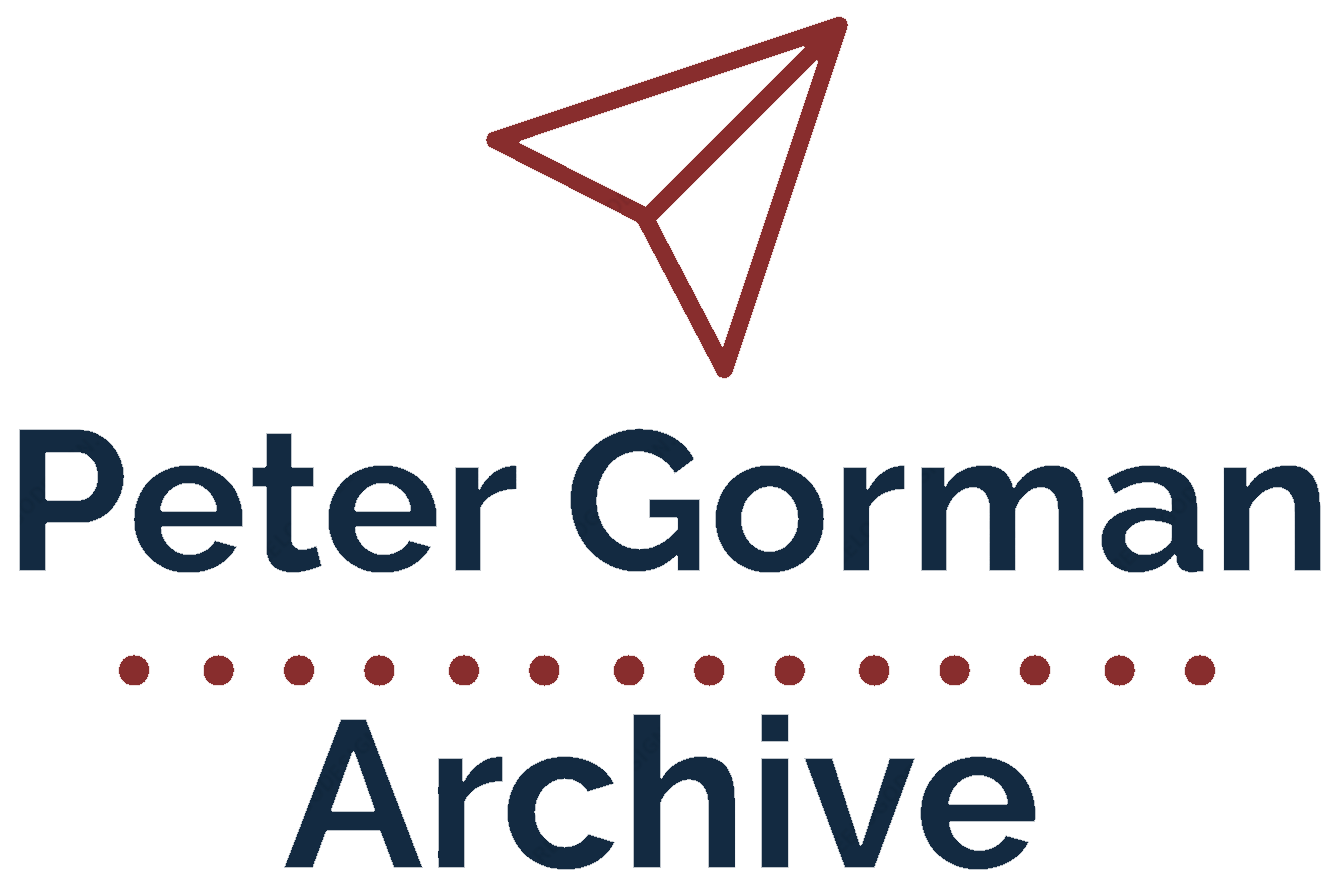Cloud telephony allows users to access phone lines from any device, as long as there is an Internet connection. This enables remote and hybrid working situations to be managed efficiently. Moreover, they are cost-effective and require little to no telecommunications hardware on the premises. They are also highly scalable.
Data Encryption
Savvy businesses are moving their business communications to cloud telephony, which offers high flexibility, reliability, and cost-efficiency. Instead of relying on expensive landlines or PBX hardware, cloud-hosted systems work over the internet, and users can access their telephony features link from any device that supports a stable internet connection. This allows them to collaborate remotely and improve customer service without worrying about a system crash affecting call quality or data loss. As a result, it also helps them avoid costly repairs and replacements for their office phone systems or mobile devices. As a critical cybersecurity measure, the most effective solutions employ data encryption to prevent hackers from reading and stealing your data at rest or in transit. Data encryption is typically done via software agents and can be applied to external and removable devices and data backups.

Data Backup
A data security breach can have devastating consequences for a company. Aside from the financial losses, it can damage a brand’s reputation and cause consumers to switch to competitors. The best way to protect your business is to have robust data backup protocols. This involves duplicating digital data to ensure it can be recovered in a disaster. A cloud phone system uses the internet rather than a private branch exchange (PBX). It’s compatible with traditional landlines, smartphones, tablets, and computers and offers features like call forwarding, conference calls, and auto attendants. Some providers also offer artificial intelligence (AI) facilities that convert speech to text and perform sentiment analysis. These are designed to help businesses improve customer service and streamline operations.
Monitoring
A cloud phone system enables businesses to move away from traditional landlines and leased PBX phone systems by connecting to servers in the cloud. This means employees can access telephony features from anywhere with an internet connection, including their mobile devices. Data monitoring involves identifying who’s accessing what and when to ensure that only authorized individuals are working with company data. This practice can protect against information and intellectual property breaches and ensure compliance with various regulatory standards. Businesses should perform a comprehensive technology evaluation before moving to a cloud phone solution. This can help ensure the solution meets business and communications requirements and provides a great user experience. Also, businesses should have a phased migration plan to avoid disrupting operations and productivity.
Remote Access
Remote access allows employees to work from anywhere, on any device, increasing productivity and collaboration. It also allows IT technicians to monitor and manage remote endpoints. Secure remote access solutions use multiple technologies to protect enterprise systems from cyber threats. These include virtual private networks (VPNs), multifactor authentication, and endpoint protection tools. It’s also essential for companies to implement password controls that require users to use strong password standards and change them regularly. This helps prevent malware attacks that attempt to access systems using a known password.
Additionally, companies should educate employees on best practices for security hygiene and ensure they follow cybersecurity policies. This helps reduce the risk of data loss during a disaster. It also decreases costs by reducing the need for costly office space and equipment.
Data Loss Prevention
Data loss prevention (DLP) is a security solution that detects and prevents the risky or inappropriate sharing, transfer, or use of sensitive information across on-premise systems, the cloud, and endpoint devices. DLP solutions are often used to protect personal information regulated by compliance standards like HIPAA or monitor activity involving sensitive intellectual property. A DLP solution is essential to your overall business cybersecurity plan, as it can detect unauthorized activity, even after an employee has left the organization. DLP uses techniques like temporal reasoning, machine learning, and behavioral analysis to identify activities violating your company’s data protection policies. The technology then notifies the proper team members and stops the activity. It also enables your business to keep files as long as required by regulatory standards or for forensic purposes.
